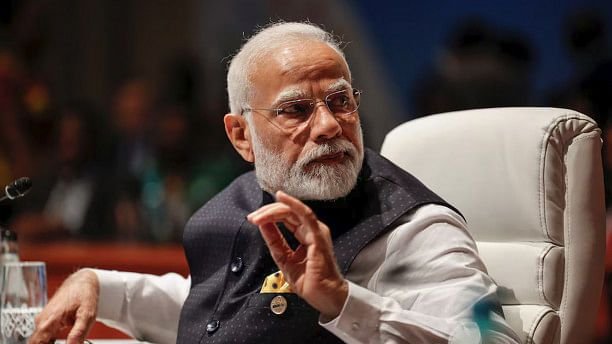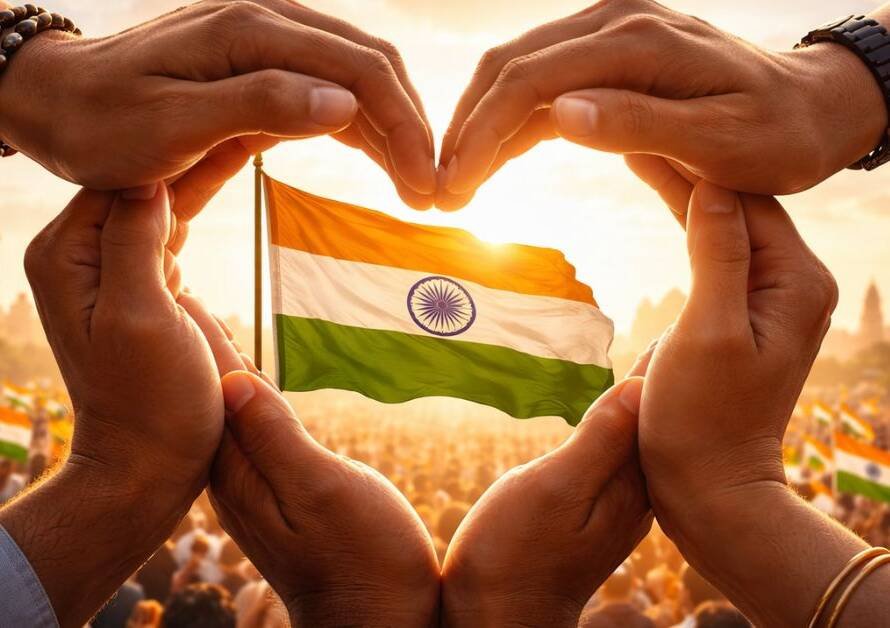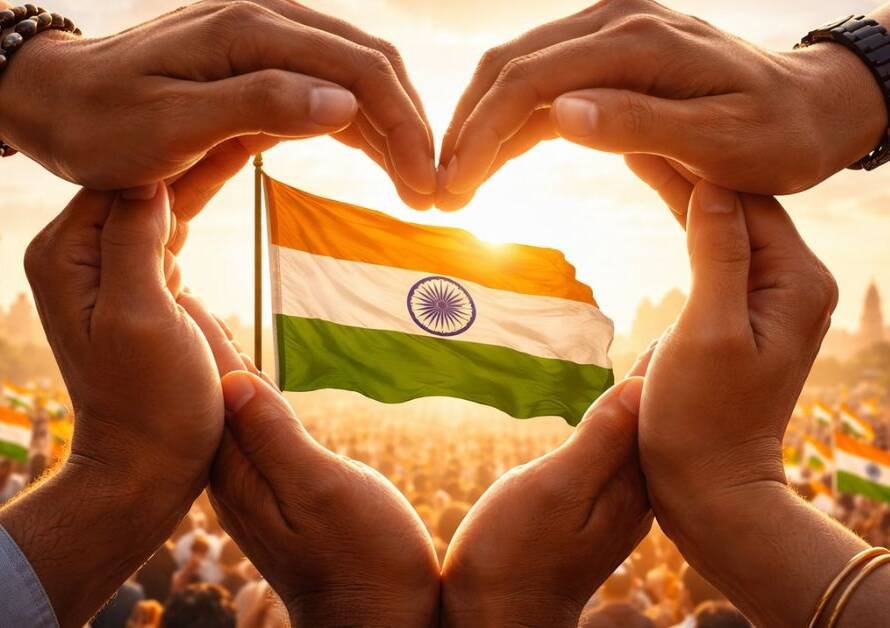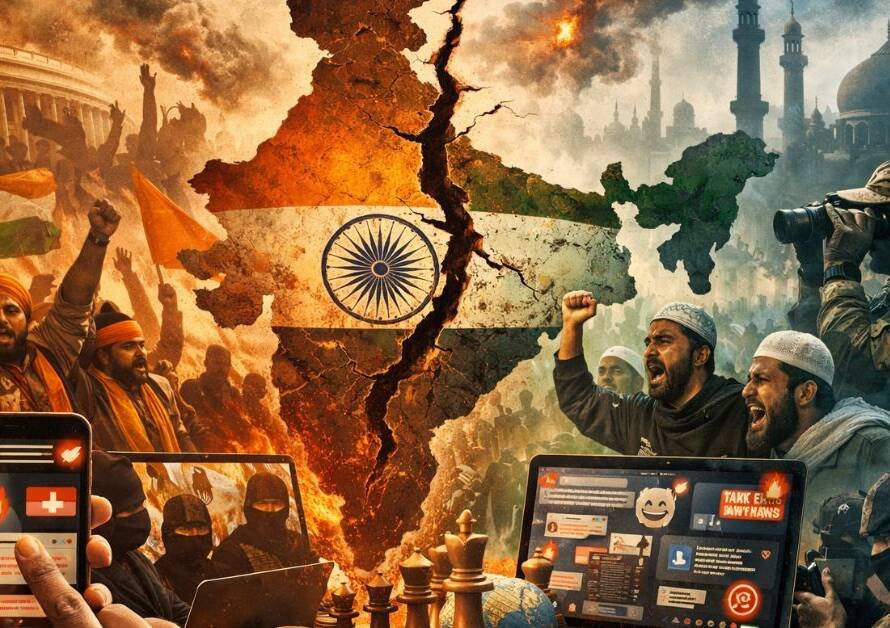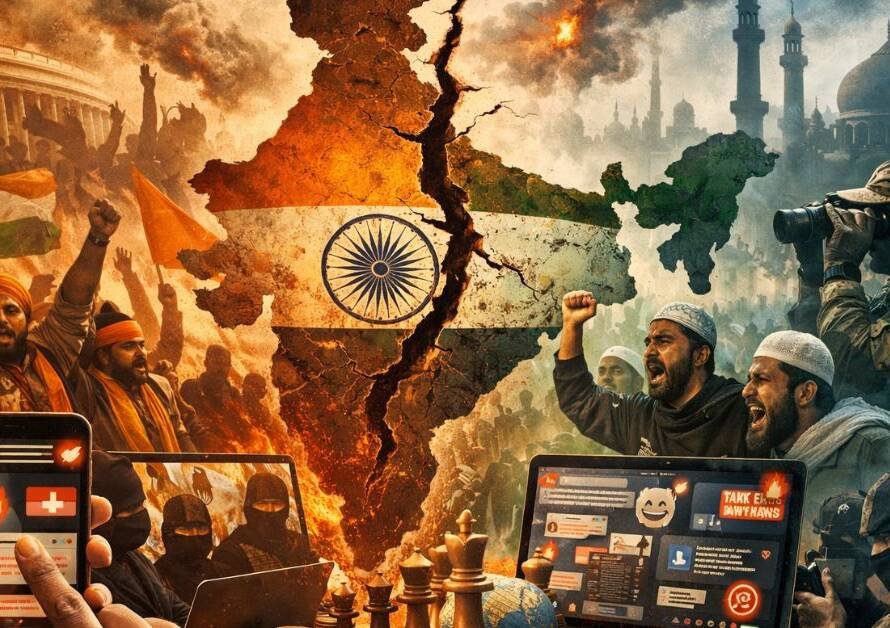Gujarat holds a pivotal place in the Bharatiya Janata Party’s (BJP) journey to becoming a dominant political force in India. Often referred to as the “laboratory of Hindutva,” Gujarat was the first state where BJP gained power. This transformation occurred when the BJP struggled nationally, with just two Members of Parliament—one of them from Mehsana, Gujarat.
The Role of Abdul Latif in BJP’s Emergence
The infamous mafia don, Abdul Latif, played an unintended yet critical role in BJP’s rise in Gujarat. Known for his reign of terror, Latif introduced AK-56 rifles to the state and orchestrated heinous crimes, including the notorious Radhika Gymkhana massacre, which claimed 35 lives in one attack.
Latif’s activities, including smuggling gold and silver and drug trafficking, flourished under political protection reportedly extended by some Congress and Janata Dal leaders. His influence was so profound that he allegedly walked into the Chief Minister Chimanbhai Patel’s office without an appointment.
Latif and his gang also reportedly targeted Hindu families, creating widespread fear and insecurity. The Hindu community felt unprotected, desperate for a change.
BJP’s Bold Stand Against Abdul Latif
At this critical juncture, BJP leaders like Narendra Modi, Shankar Singh Vaghela, and Keshubhai Patel were steadily building their grassroots presence. Despite their modest means—often traveling by bicycles or scooters—these leaders connected deeply with the people.
In a BJP meeting in Gomtipur, Keshubhai Patel boldly declared:
“When the BJP government comes to power, Abdul Latif will be encountered.”
This promise of decisive action electrified Gujarat and resonated with the people. The next elections saw BJP winning 35 seats, marking the beginning of its ascendancy in the state.
Following through on their promise, BJP launched a relentless campaign to dismantle Latif’s empire, culminating in the party forming a government with a full majority.
The Dramatic Encounter of Abdul Latif
The turning point came with DSP Jadeja, driven by personal loss after Latif’s gang killed his colleague, Inspector Jhala. Latif was arrested and transported to court, where he was reportedly shot during an alleged escape attempt. This event symbolized Gujarat’s reclaiming law and order, instilling public confidence in BJP’s governance.
BJP’s Transformative Policies in Gujarat
Post Latif’s demise, BJP implemented significant measures like the Disturbed Sections Act, which restricted property purchases by certain communities in specific areas to preserve harmony.
With Gujarat as a foundation, BJP expanded its influence to Madhya Pradesh, Rajasthan, Uttar Pradesh, West Bengal, and beyond. Today, BJP leads India with a commanding 303 seats in Parliament, a testament to its meteoric rise.
A Call for Unity Among Hindus
The Gujarat model underscores the transformative power of collective Hindu unity. Gujaratis stood firmly behind the BJP, paving the way for a safe, progressive state. The message is clear: unity is the key to replicating Gujarat’s success across India.
Key Takeaways
- Unity and resolve are vital for progress.
- Support leaders like Narendra Modi and the BJP in their mission to eradicate corruption and build a secure India.
- Rise above petty differences and prioritize national interests.
Spread the Word
Share this blog with 25 friends to spread awareness about the importance of unity in nation-building.
Together, we can create a strong, secure India where every citizen thrives.
Jai Shri Ram!
For more blogs, please visit www.saveindia108.in.
To join our WhatsApp group, click here.

